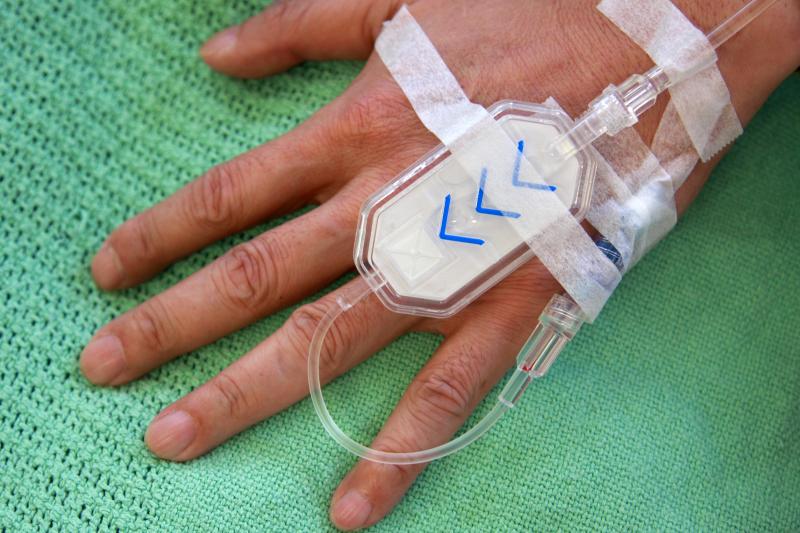
The last decade has seen minimal use of adjuvant chemotherapy following primary retroperitoneal lymph node dissection (RPLND), according to a recent study. The majority (81 percent) of men with pathological stage (PS)-II disease have been cured with RPLND alone and have been able to avoid chemotherapy.
Patients who underwent primary RPLND between January 2007 and December 2017 were identified via retrospective review of the Indiana University testis cancer database. The authors contacted patients and providers to obtain information regarding adjuvant therapy, recurrence, and survival. Recurrence-free survival was the primary endpoint, and survival differences were assessed using Kaplan-Meier curves stratified by PS, template of dissection, and use of adjuvant chemotherapy.
Of the 274 men included in the study, 214 (78 percent) presented with clinical stage I disease. Modified unilateral and bilateral template dissections were performed in 257 (94 percent) and 17 (6 percent) patients, respectively. Overall, 148 (54 percent) men had PS I and 126 (46 percent) PS-II disease.
Adjuvant chemotherapy was given to 13 patients (10 percent) with PS-II disease. Thirty-three (23 percent) men had recurrence over a median follow-up of 55 months.
Twenty-one (19 percent) of the 113 patients with PS-II disease who did not receive chemotherapy experienced disease relapse. Moreover, 81 percent were cured with surgery alone and never had recurrence. The primary endpoint did not differ between modified and bilateral template dissections.
“Modified unilateral template dissection provided excellent oncologic control while minimizing morbidity,” the authors said.